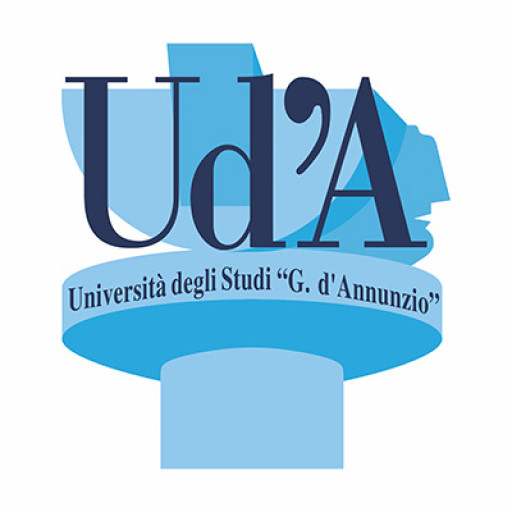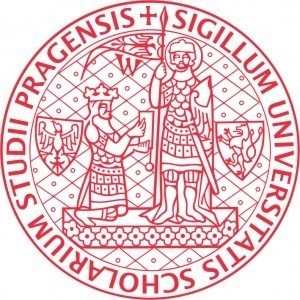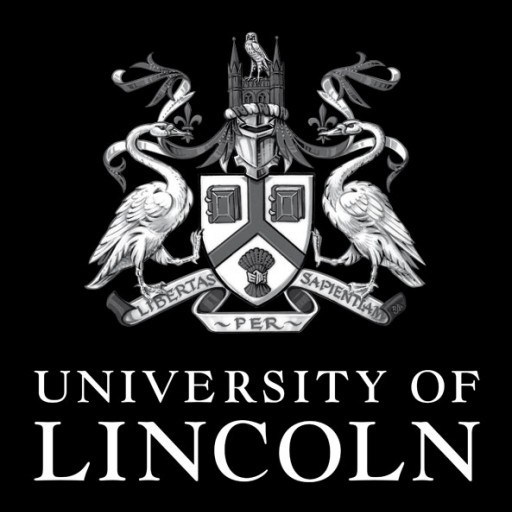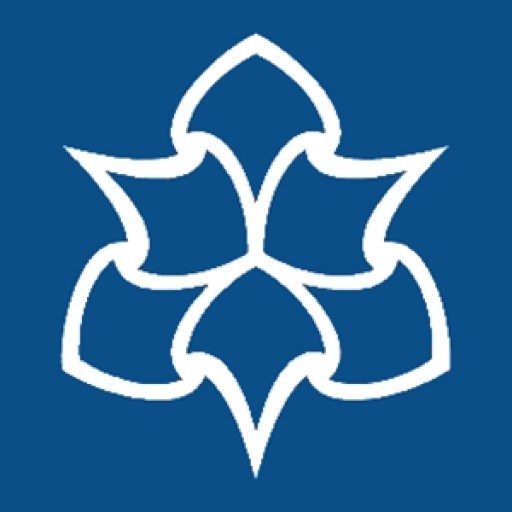Photos of university / #RutgersU
The Bachelor of Science in Pharmaceutical Science at Rutgers University is a comprehensive undergraduate program designed to prepare students for careers in the pharmaceutical industry, biotechnology, and related fields. This rigorous curriculum provides a solid foundation in the sciences, including chemistry, biology, and pharmacology, combined with practical training in drug development, formulation, and delivery systems. Students gain an in-depth understanding of the chemical properties of drugs, their mechanisms of action, and the processes involved in bringing new medications from laboratory to marketplace. The program emphasizes both theoretical knowledge and hands-on laboratory experience, fostering critical thinking, problem-solving skills, and an understanding of modern pharmaceutical technologies. Students participate in research projects, internships, and collaborations with industry partners to apply learned concepts in real-world settings. The curriculum also covers pharmaceutical ethics, regulatory affairs, and quality assurance to prepare graduates for the complexities of the pharmaceutical industry. Rutgers University’s state-of-the-art laboratories and experienced faculty provide an enriching learning environment, encouraging innovation and exploration. Graduates of the program are well-equipped to pursue advanced study in pharmacy, pharmacology, or related disciplines, or to enter the workforce as pharmaceutical scientists, research assistants, quality control analysts, or regulatory specialists. The program aims to develop professionals who contribute to the development of safe, effective, and innovative medicines that improve health outcomes worldwide. With a strong emphasis on research, professional development, and industry collaboration, the Bachelor of Science in Pharmaceutical Science at Rutgers University offers students a pathway to meaningful careers in the expanding pharmaceutical sector.
- Advanced Pharmaceutics
- Advanced Pharmacokinetics and Pharmacodynamcis
- Molecular and Cellular Pharmaceutics
- MembraneTransporters in Drug Disposition
- Dermaceutics
- Design of Experiments
- Ethical Scientific Conduct
- Independent Research Proposal
- Seminar in Pharmaceutical Science
- Research in Pharmaceutical Science
- Basic Statistics for Research
- Introduction to Biopharmaceutics and Pharmacolinetics
- Independent Study in Pharmaceutical Science
- General Toxicology I, II
- Biochemical Toxicology
- Molecular Toxicology
- Medicinal Chemistry: Research Techniques and Principles
- Principles of Drug Design
- Strategies and Tactics in Synthetic Medicinal Chemistry
- Drugs: Structure and Function
- Introduction to Molecular Modeling
- Molecular Biology and Biochemistry
- Pharmaceutical Process Design II (Unit Operations)
- Pharmaceutical Organic Nanotechnology
- Advanced Engineering Pharmaceutical Kinetics, Thermodynamics, and Transport Processes
- Regression Analysis
- Introduction to Colloid and Interface Science
- Nanotechnology and Its Applications in Biotechnology and Food
- Cellular and Molecular Pharmacology: Principles of Drug Action and Targeting
- Online application
- $70 nonrefundable application fee
- One official transcript from each postsecondary institution attended
- Three letters of recommendation
- GRE and TOEFL
- Personal statement
Grade Point Average (GPA)
Most international applicants will not have a Grade Point Average (GPA) that is based on the 4-point scale used in the United States. If this is the case for you, please enter 0.00 on the electronic application. GPA information is used for statistical purposes and your transcripts will clarify your academic achievement.
Scores for TOEFL or IELTS
A TOEFL (Test of English as a Foreign Language) or IELTS (International English Language Testing System) test score is required if your undergraduate education was completed in a non-English speaking country. Even if you hold a master's-level degree from a U.S. or other English-speaking country you must still take the TOEFL or IELTS test.
- Your scores must be current within 2 years of the semester you are applying to.
- You are exempt from submitting TOEFL or IELTS scores if you are a U.S. trained undergraduate or international applicant coming from English-speaking countries with a minimum of 3 years undergraduate education where the mode of instruction was English.
- If you are missing required test scores, your application will not be reviewed by the graduate admissions committee.
- The minimum paper-based TOEFL score is 550. The minimum computer-based TOEFL score is 213
- The minimum IBT-internet based TOEFL is Writing 22, Speaking 23, Reading 21, Listening 17.
- An acceptable IELTS score is bandwidth 7.
- Your program may have higher requirements for language intensive areas such as history, English, psychology, and others.
Financial Documentation
If you have received an offer of admission without financial support, you must submit a Certification of Funds along with financial documentation before you can receive an official certificate of admission and eligibility (I-20 or DS-2019).
Financial documentation is not required for New Brunswick programs until you are offered admission. Financial documents must be original and current, dating no more than 9 months prior to the term of admission.
You must also show proof you can finance your first year of education and living expenses and provide a plan and sources for funding future years.
For single students, awards of assistantships and fellowships by Rutgers generally satisfy the financial certification requirements for admission.
Foreign Student Adviser’s Report (FSAR)
International students recommended for admission who are presently attending a university and are transferring their SEVIS (Student and Exchange Visitor Information System) ID to Rutgers are required to submit a FSAR.
International students on CPT (Curricular Practical Training) and OPT (Optional Practical Training) are required to submit a FSAR.
Scholarships
- The Ralph Johnson Bunche Distinguished Graduate Award
- Global education
The Bachelor of Science in Pharmaceutical Science at Rutgers University offers students a comprehensive education in the fundamentals of drug development, formulation, and delivery. The program is designed to prepare students for careers in the pharmaceutical industry, regulatory agencies, or for further study in pharmacy or related health sciences. It combines coursework in chemistry, biology, and mathematics with specialized subjects such as pharmacology, medicinal chemistry, pharmaceutics, and microbiology. The curriculum emphasizes both theoretical knowledge and practical skills, including laboratory techniques, research methods, and data analysis. Students have opportunities for internships, research projects, and experiential learning to gain real-world insights into the pharmaceutical sector. Rutgers University’s state-of-the-art facilities and collaborations with healthcare and pharmaceutical organizations enrich the educational experience. Graduates of the program are equipped with a solid foundation in the sciences relevant to drug discovery and development, as well as an understanding of pharmaceutical regulations and quality assurance. The program also prepares students to pursue advanced degrees in pharmacy, medicine, or graduate research programs. The faculty comprises experts in pharmaceutical sciences who are actively involved in research, contributing to advancements in drug delivery systems, pharmacokinetics, and pharmaceutical technology. Overall, the Rutgers Pharmaceutical Science program aims to produce well-rounded graduates capable of contributing to innovation and improvement in healthcare through the development and regulation of new therapeutics.








